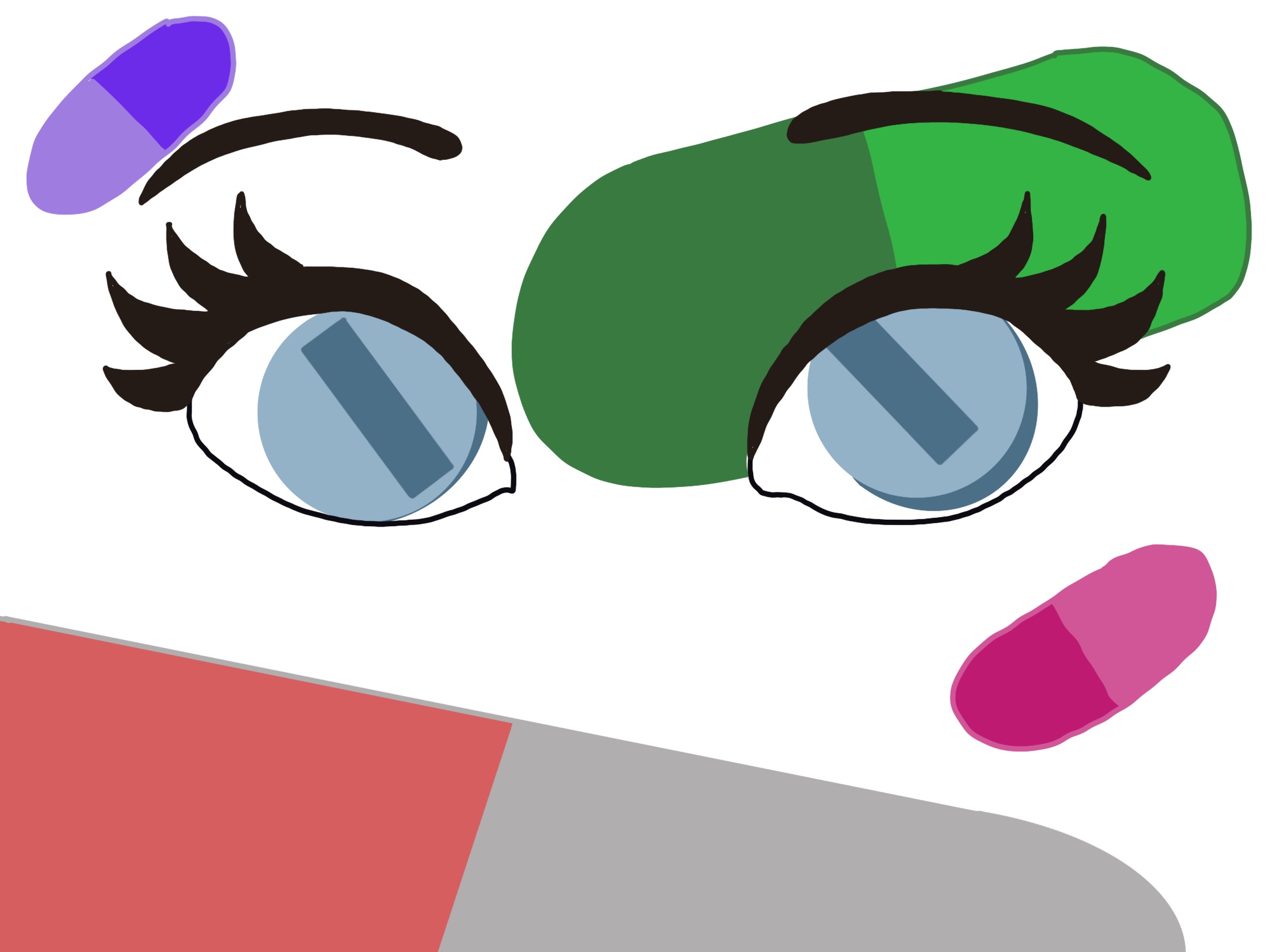The drama and conflict that addiction naturally attracts creates characters out of its sufferers and makes it a popular plotline for mass media. The narrative of the drug junkie has been exhaustively explored in film, famously in Darren Aronofsky’s “Requiem for a Dream,” as well as in recent television, like Sam Levinson’s “Euphoria.”
Other junkies, such as the sex junkie in Steve McQueen’s “Shame,” or the food junkie in Marti Noxon’s “To The Bone,” have been covered in film, but are covered less so in mass media.
The junkie narrative tends to reduce addiction to the substance or behavior the addiction revolves around as well as the aims and griefs that drive it. For the junkies of “Requiem for a Dream,” the blame is put on heroin, amphetamines, and the characters’ eponymous pipe dreams for material gain and familial love. For the junkie of “Euphoria,” the blame is on polysubstance abuse and the character’s loss of her father.
What unifies these otherwise disparate excuses for addiction is a yearning for stabilization, particularly in the form of a functioning family unit. Common models of addiction — whether they be biological, psychological, or contextual — supported by studies demonstrate that a trait more common among addicts than non-addicts is the lack of a stable background in their relationships and families. A lack of stability leaves an underlying presence of uncertainty.
For the addict, the only stable relationship is with addiction itself — and it may be the addicts’ only relationship.
When you receive an unexpected promotion at work, addiction is always ready to share in your celebration. You run over a curb and bust a tire, and there she is, always ready to help. An exhausting day knocks you out to sleep on the sofa, and — like a mother caring for a child — she carries you in your slumber and tucks you into bed.
A family member dies, and you return home to her because she is the one who will kiss you while you weep. You miss work for her, and she holds you in her warm, lazy, accepting embrace. Your friends, lovers and family all leave you, but she stays. You lose everything and are nothing, but there she is — still something.

What is so often neglected in the narrative of the junkie is their comfort in the narrative itself. For it is not solely the synthetic rush of pleasure, but the natural rush of the chase — that one can climb addiction’s mountainous trail leading to the substance’s highest peak. Addiction is not solely found in the passive experience of the high, but also the addict’s active inflicting of it on themself. Addiction is not reducible to an impulse towards a fixed, particle substance but finds its explanatory power in its interpretation as a ritual or a process.
Addiction’s intensity is in the ubiquitous intimacy of this repetitive procession and the desire that manifests in the substance’s absence.
She is the gentle loading and careful tap of the syringe or the buying of a new lighter. She is the quick swipe on dating apps or the painful emptying of the stomach. She is the washing down of pills in the morning with breakfast and coffee. You lose everything and cannot do anything, but there she is — still becoming.
It may seem semantical to definitively label addiction as a pattern, but its pattern aspect must be emphasized because it is critically overlooked. And overlooking this pattern aspect alienates those who need to be seen.
A new model of tackling addiction begs for awareness. This new model must be one that focuses on compulsions rather than substances and impulses, for only this process seemingly addresses addiction’s causes — chaos and uncertainty.
With such uncertainty, there are no outcomes that seem determinant rather than probabilistic, but one thing is clear — the chase is determinant and controlled. It is the first cause, the immovable mover, the something rather than nothing.
The only choice we have is altering the chase’s course.























































































































